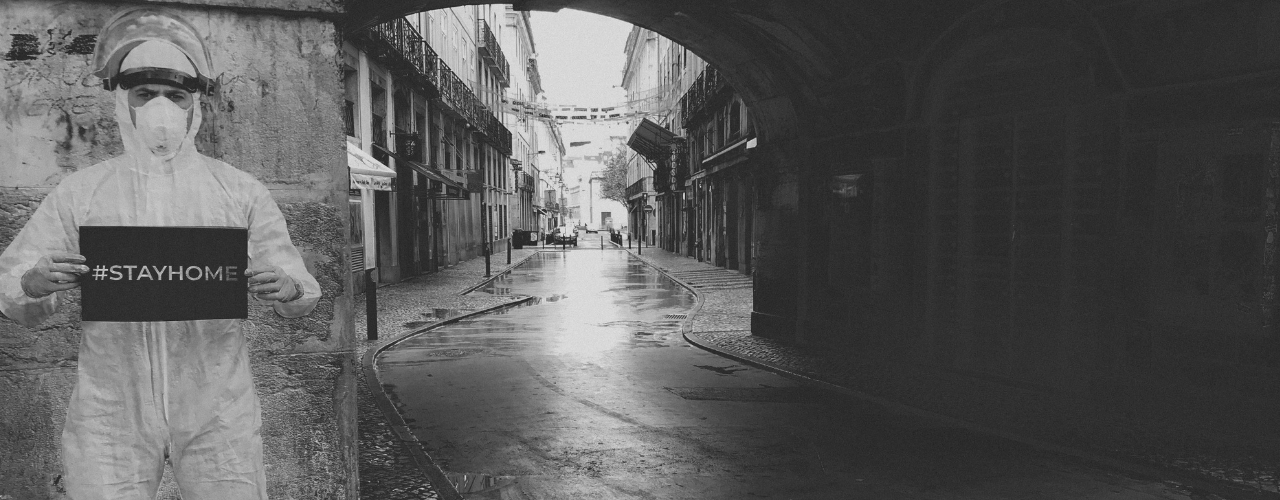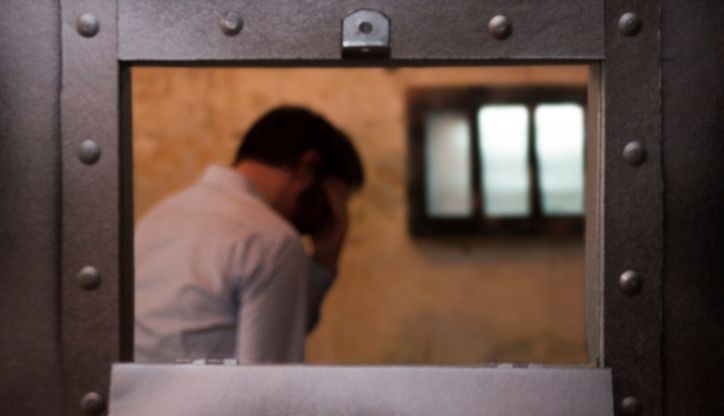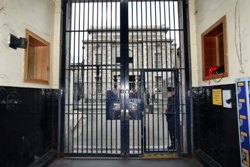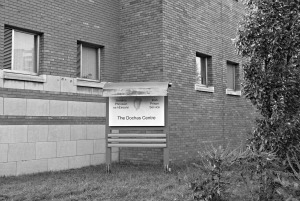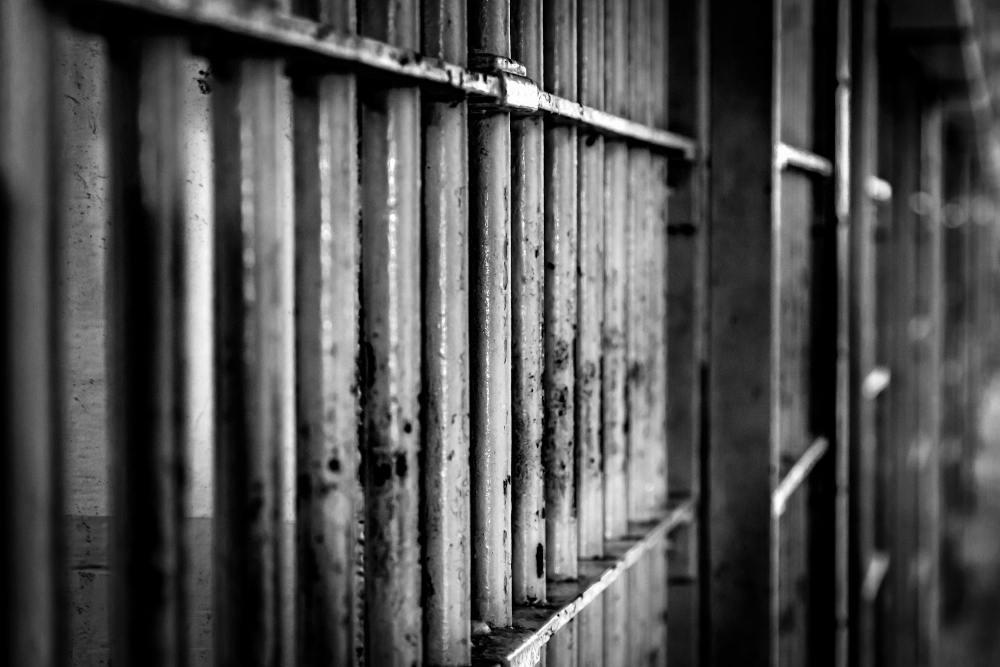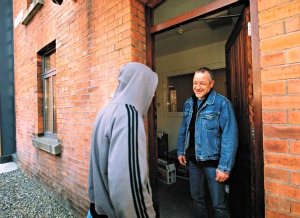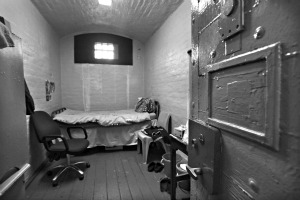
False Accounting: Why We Shouldn’t ask People Who Commit Crimes to Pay their Debts to Society
It does not work to replace ‘paying your debts’ with ‘repairing the harm’, then. Drawing on the work of penal theorist Antony Duff, we suggest the metaphor of “fulfilling a civic obligation” as an alternative tool to guide our responses to crime. Duff argues that, done very differently, “criminal punishment could and should be inclusionary, as something we can do, not to a ‘them’ who are implicitly excluded from the (law-abiding) community of citizens, but to ourselves as full, if imperfect, members of that community.”[15]


